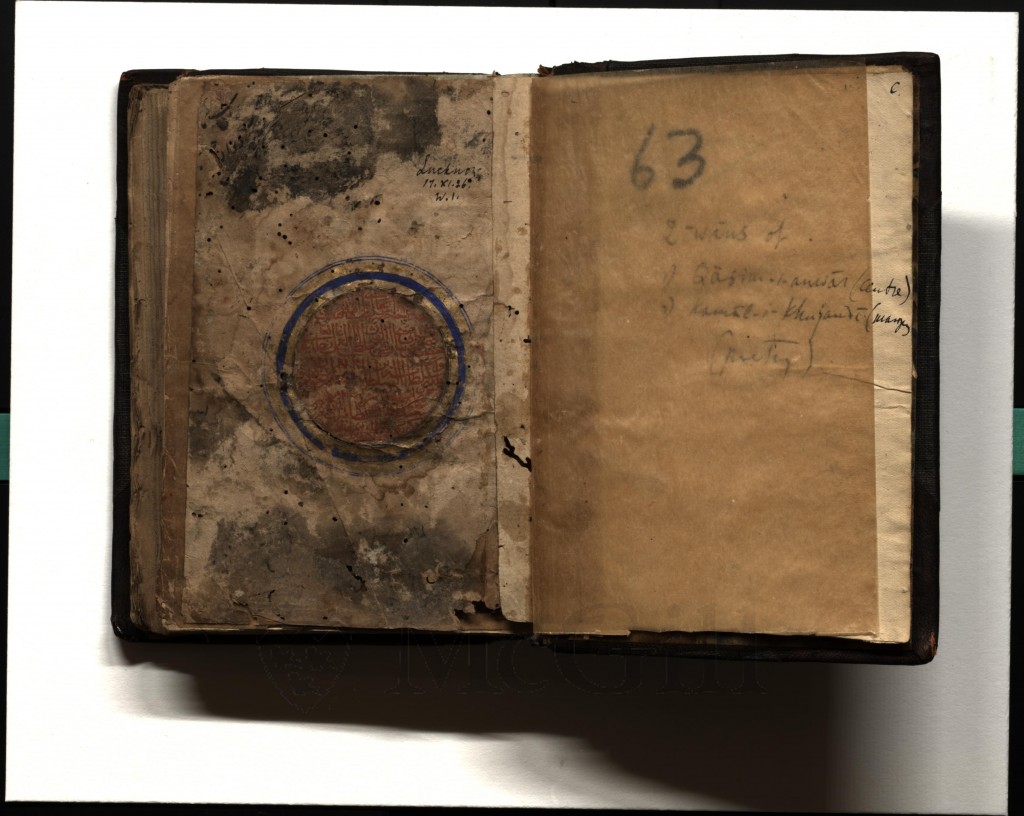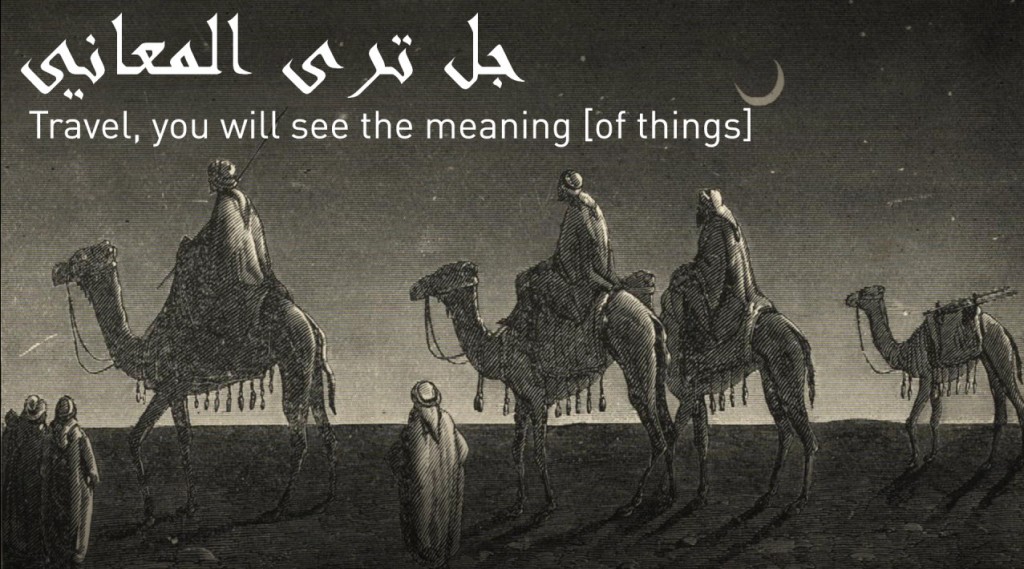In recent days, fighting in and around Timbuktu has led to serious concerns about the safety of the tens of thousands of ancient manuscripts there. What is in danger is the written legacy attesting to an unprecedented intellectual and cultural expansion over the past centuries. This intellectual capital is a reflection of the continued contribution of Africans to world civilization. It is also a reflection of the pioneering place of Africa in the very foundations of writing and the spiritual and cultural development of mankind. If this heritage were to disappear, the development of African historiography would be seriously compromised and an important part of the world memory would be annihilated.
Given this situation, we address a solemn appeal to the belligerents to respect and protect the cultural heritage property held in Timbuktu, including elements of the World Heritage List of UNESCO and ancient manuscript collections in libraries, in accordance with the International Convention for the Protection of Cultural Property in the event of conflict.
Learn more about the situation in Mali.
Please click here to sign the petition to save the ancient manuscripts of Timbuktu.
Appel pour la sauvegarde des livres manuscrits anciens de Tombouctou et du Mali
Depuis quelques jours, les affrontements dans et autour de Tombouctou font redouter le pire pour les dizaines de milliers de livres manuscrits anciens conservés dans cette cité millénaire. Ce qui est en danger, c’est le témoignage par l’écrit d’un foisonnement intellectuel et culturel sans précédent au cours des siècles passés. Ce patrimoine intellectuel est le reflet de la contribution ininterrompue des Africains à la civilisation universelle. Il constitue également, à l’échelle de l’Histoire, la place pionnière de l’Afrique dans les fondements mêmes de l’écriture et du développement spirituel et culturel de l’humanité. S’il disparaissait, l’évolution de l’historiographie africaine se trouverait gravement compromise et un pan important de la mémoire collective mondiale serait annihilé.
Devant cette situation, nous lançons un appel solennel aux belligérants pour le respect et la sécurité des biens culturels conservés à Tombouctou, dont des éléments de la Liste du patrimoine mondial de l’UNESCO et les bibliothèques de livres manuscrits anciens, conformément à la Convention internationale sur la sauvegarde des biens culturels en cas de conflit.
Ont signé cet appel : voir ci-dessous.
========
نداء لحماية الكتب و المخطوطات القديمه في تومبكتو ..بمالي,,,
تشكل المعارك الدارية منذ ايام في تومبوكتو و ضواحيها تهديدا بالغ الخطورة لعشرات ألاف الكتب القديمة المحفوظة بهذه المدينة العتيقة,,,ان الذي يتعرض للخطر في هذه المحنة هو الشاهد المكتوب علي فيض فكري وثقافي لا سابق له في القرون المنصرمة, ان هذا التراث الفكري يعكس المساهمة ألامنقطعة التي قدمها الافارقة للحضارة العالمية ,,,كما انه يمثل بقياس التاريخ , الدور الريادي الذي لعبته افريقيا في اصول الكتابة و الأنعتاق الروحي و الثقافي بالنسبة للأنسانية,,ان أتلاف هذا التراث سيكون كارثة بالنسبة لتطوير علم التاريخ الافريقي كما انه يهدد بالانقراض جزأ مهما من الذاكرة الجماعية البشرية ,,,, أمام هذا الوضع, فاننا نحن الموقعون اسفله تتوجه بهذا النداء العلني الي كافة فرقاء النزاع بغية احترام و أمن الممتلكات الثقافية المحفوظة في تومبكتو ,,ومن ضمنها العناصر المقيدة في لا ئحة التراث الدولي لليونسكو و كذالك المكتبات بكتبها و بمخطوطاتها
Signataires / Signatories/الموقعين
Botswana : Prof. Mohammed Haron, Religious Studies Dept., Univ. du Botswana, Cameroun : Dr. Hamadu Adama, University of Ngaoundere , Mr. Idrissou Njoya, Fine Arts School, Yaounde, République Centrafricaine : Prof. Diki-Kidiri, Chargé de Recherches, LLACAN (CNRS, France), Républiaue du Congo : Prof. Theophile Obenga, Professeur d’Histoire, d’Egyptologie et de Linguistique, Dr. Da-Mboa Obenga, Directeur de Projets sur la Gestion de l’Information, Côte d’Ivoire : Prof. Ndri Th. Assié Lumumba, Fellow World Academy of Art & Science, Professeur, Cornell Univ., Africana Studies & Res. Centre, Ithaca, New York, Egypte : Prof. Yusef Ziedan, Directeur de la Division des Manuscrits, Bibliotheca Alexandrina, Dr. Mohamed Yousry, Directeur Adjoint, Bibliotheca Alexandrina , Dr. Mohamed Soliman, Directeur Adjoint, Bibliotheca Alexandrina, Dr. Salem Abla Salam, Directrice, Departement des Antiquités Egyptiennes, Ministère de la Culture, Le Caire, Mr. Othman Moamen, Conservateur, Musée du Caire ; Ethiopie : Dr. Ayele Bekerie, Mekele Univ. ; Mr. Atkilt Assafa, Directeur des Archives et de la Bibliotheque Nationales d’Ethiopie ; Mr. Jara Hailemariam, Institut Culturel Ethiopien ; Mme Mamit Yilma, Directrice du Musee National, Addis Abeba ; Prof. Richard Pankhurst, fondateur de l’Institut d’Etudes Ethiopiennes ; Mme Rita Pankhurst, bibliothecaire, anciennement à l’Université d’Addis Abeba ; Prof. Getachew Haile, Conservateur, Ethiopian Study Center, Regents Professor of Medieval Studies, Catalogueur d’Etudes Orientales des Manuscrits, Professeur Emeritus et MacArthur Fellow ; Mr. Haile Gezae, Conservateur, Univ. de Mekele ; Mr. Yosef Demissie, Enala ; Mr. Hassen Mohamed, Linguistics Dept, Université d’Addis Abéba ; Mr. Demeka Berhane, Paleographe ; Mr. Daniel Seifemicahel, Conservateur et Professeur, Eglise Orthodoxe ; Mr. Ahmed Adem, Enala, Addis Ababa ; Kenya : Dr. Tom Olali, Département de Linguistique et Langues, Univ. de Nairobi ; Maroc : Prof. Ahmed Chaouqui Benebine, Directeur de la Bibliotheque Royale de Rabat ; Mr. Mkadem Abdelhamid Boujdad, bibliothécaire, Rabat) ; Mauritanie : Prof. Abdel Wedoud Ould Cheikh, Univ. Paul Verlaine, Metz, France ; Amb. Mohamed-Said Ould Hamody, ancien Représentant de la Mauritanie aux Nations Unies ; Mr. Jiyid Ould Abdi, Directeur de l’IMRS ; Dr. Mohamedou Mohameden Meyine, Dept. d’Histoire, Université de Nouakchott ; Mr. Sidi Mohamed Abidine Sidi, Conservateur, Bibliotheque de Ouadane ; Niger : Prof. Seyni Moumouni, Chef du Departement de Manuscrits Arabes et Ajami, IRSH, Université Abdoul Moumouni, Niamey ; Prof. Dioulde Laya, historien, ancien Directeur du Celtho, Niamey ; Nigeria : Prof. G. Oluwabunmi Alegbeleye, Doyen de l’Ecole des Bibliothecaires d’Ibadan ; Dr Kabir Chafe, Directeur, Arewa House, Kaduna ; Dr Mahmoud Hamman, Arewa House, Kaduna ; Dr. Sule Muhammad, Directeur, Northern History Research Scheme of Ahmadu Bello University ; M. Salisu Bala, Coordinateur de Programmes, Nigeria, Arabic Manuscript Project ; Mr. Musa S. Muhammad, Arewa House Archiviste ; Prof. Amidu Sanni, Lagos State University ; Dr. Mukhtar Bunza, Kaduna ; Dr. Adamu Abdalla Uba, Dept de Communications de Masse, Université de Bayero, Kano), Sénégal : Prof. Boubacar Barry, Coordonnateur du projet de l’UNESCO sur l’Integration Regionale en Afrique ; Prof. Aboubacry Moussa Lam, Département d’Histoire, Université Ch. A. Diop ; Dr. Mamadou Cisse, Linguiste, Université Cheikh Anta Diop ; Mme Nafissatou Bakhoum, Coordonatrice du Projet Biens Culturels Africains, IFAN, Université Cheikh Anta Diop ; M. Souleymane Gaye, Conservateur, Section des Manuscrits, IFAN, UCAD ; M. Demba Tewe, Bibliothécaire, Institut Islamique de Dakar ; Prof. J. Habib Sy, Professeur en Communications et Technologies de l’Information ; M. Ibrahima Lo, Historien et archiviste : Directeur de l’Ecole de Bibliothécaires, Archivistes et Documentalistes de l’Université Cheikh Anta DIOP de Dakar ; Tanzanie : Dr. Hamdun Ibrahim Suleyman, Université Musulmane de Morogoro.



